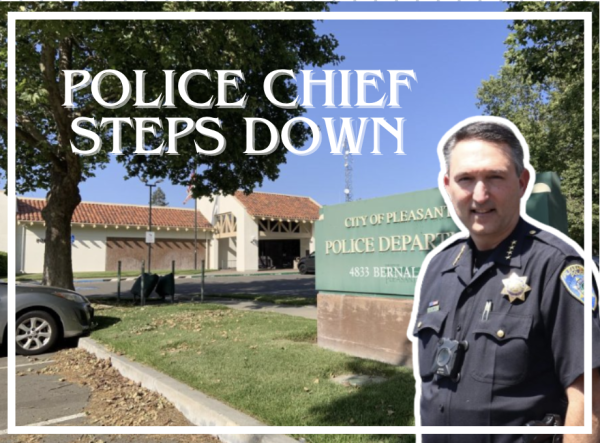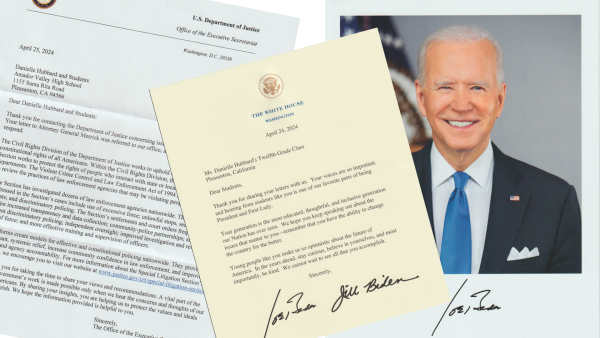Allies by convenience: What is the significance of Putin and Xi’s meeting in Moscow?
China and Russia have had a complex history marked by periods of cooperation and tension, with their relationship evolving from ideological comrades during the Cold War to strategic partners in the present day.
China’s President Xi Jinping has concluded a state visit to Moscow where he met with Russian President Vladimir Putin for nearly three full days. During the formal state visit, Putin and Xi drew attention to their increasing strategic alignment in what experts are referring to as a symbolic summit of global dominance.
“I think that Putin should’ve addressed the Ukraine situation more in depth at the meet, it was a very important topic and it wasn’t talked about enough,” said Mikail Mirza (‘23).
With Xi heading to Moscow on a formal state visit, the summit served as a platform for reiterating China’s resolve to pursue its national interests despite increasing pressure from the United States, while also reaffirming its partnership with Russia.
“The summit was definitely an interesting spectacle that truly highlighted the complex alliances that are currently being formed right before our eyes,” said Mirza.
In addition, a few weeks ago, a US Air Force drone was forced down by a Russian fighter aircraft in international airspace over the Black Sea, causing a further escalation of the already tense relations between the three global superpowers.
“I think that Russia shooting down the US aircraft was extremely unnecessary. The only thing Russia gains from it is the data that can be collected from the debris,” said US Historys student Aman Chamedia (‘24).
Throughout the duration of the summit, Putin suggested using Chinese proposals as a basis for a peace settlement in Ukraine. He also, however, criticized “bloc confrontation” and unilateral sanctions, referencing NATO’s arming of Ukraine and the West’s impact on the Russian economy.
“Nuclear bomb dangers were highlighted throughout history such as in the cold war and the vietnam war. Russia shooting down the U.S. aircraft could increase the probability of a nuclear bomb being dropped,” said Mirza.
Ultimately, experts have cited that the global geopolitical landscape is undergoing a significant transformation, characterized by the emergence of implicit alliance in an increasingly intricate and uncertain world.
Your donation will support the student journalists in the AVJournalism program. Your contribution will allow us to purchase equipment and cover our annual website hosting costs.









![The outgoing EICs [left to right] Zenil Koovejee, Aileen Hu, Ritika Gupta, Zaynah Shah, and Audrey Combs take a picture with journalism advisor Wendy Connelly to commemorate their last banquet.](https://www.amadorvalleytoday.org/wp-content/uploads/2024/05/458E2D9A--600x451.jpg)

